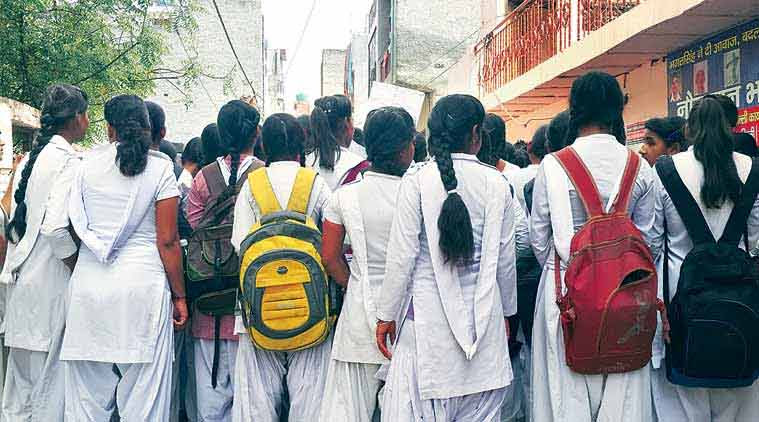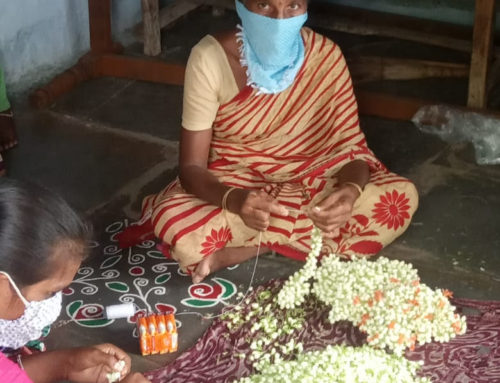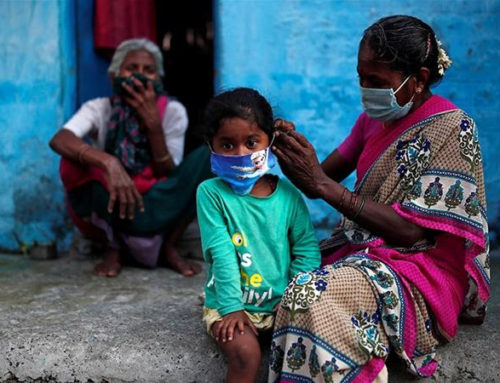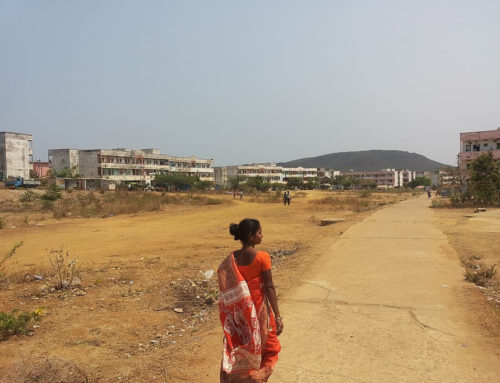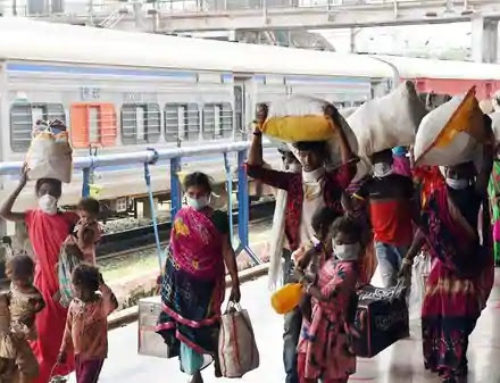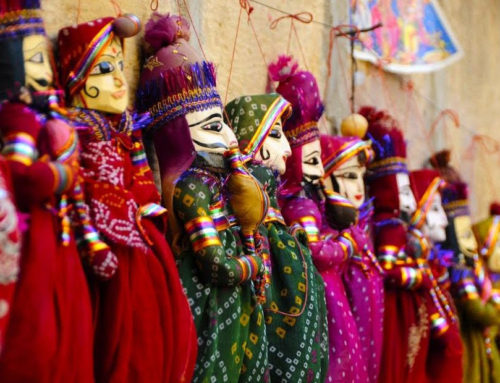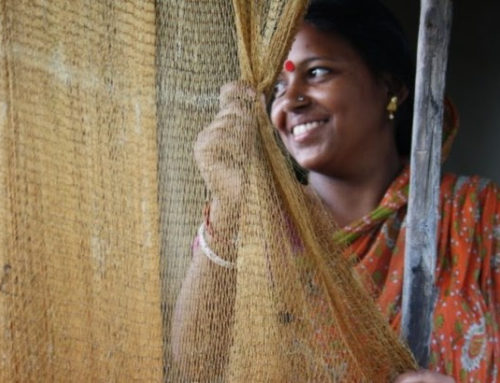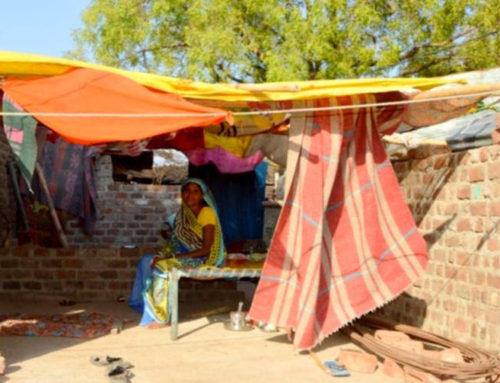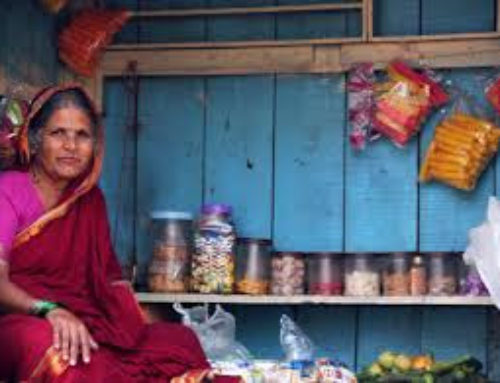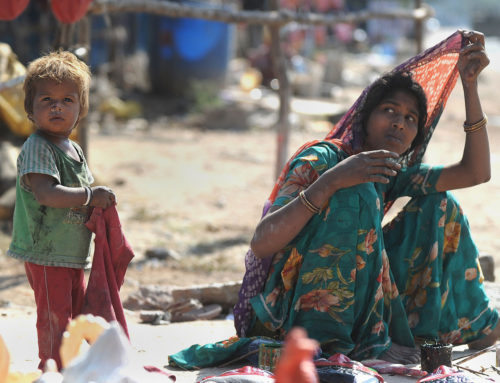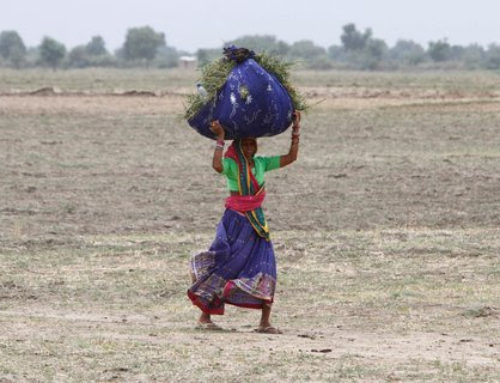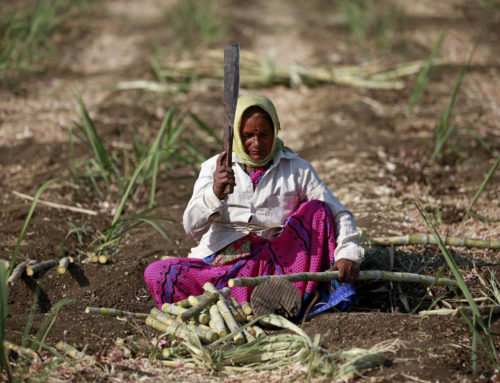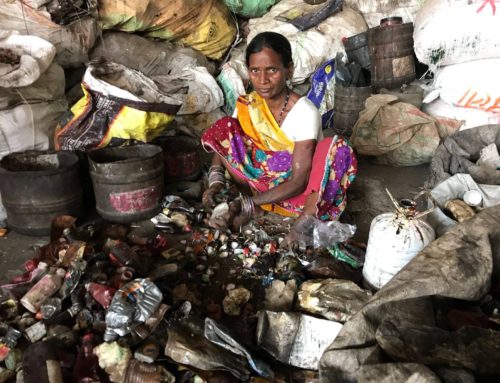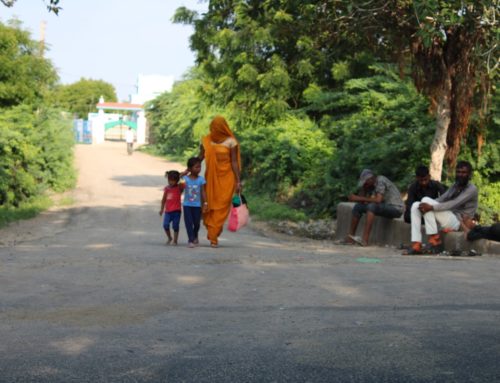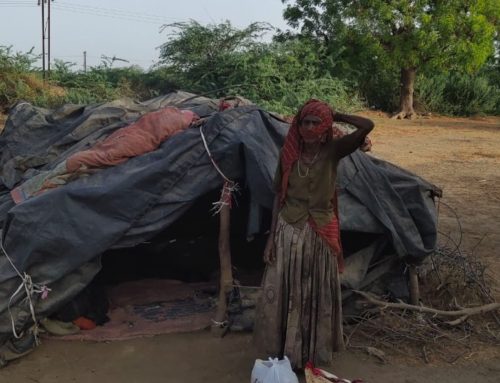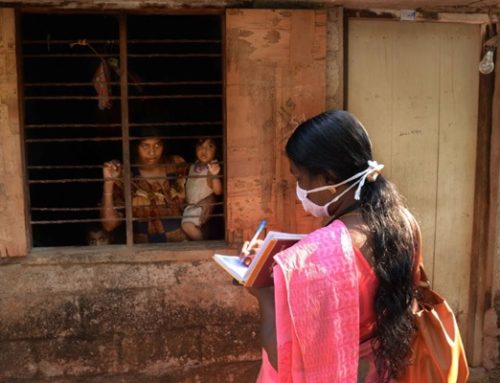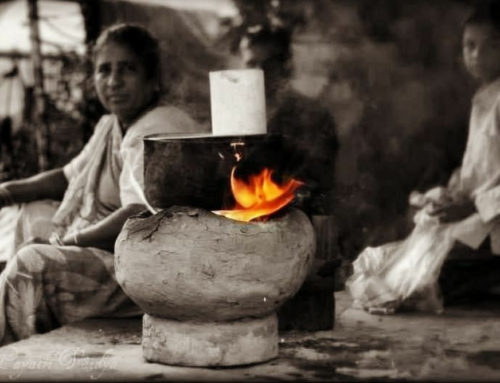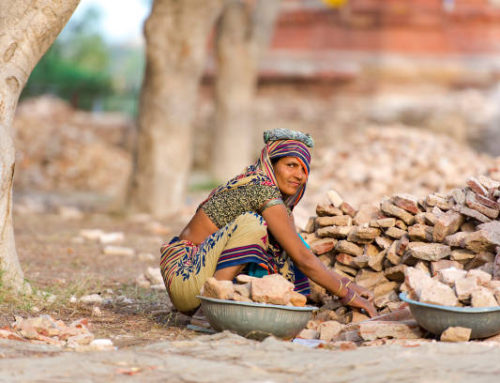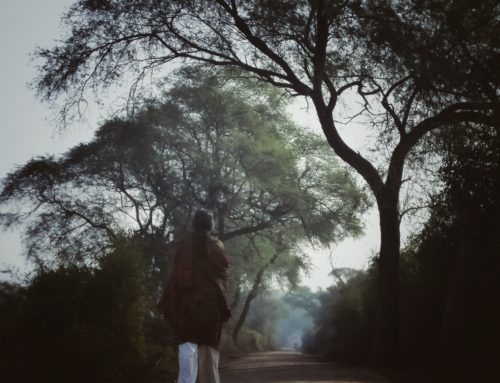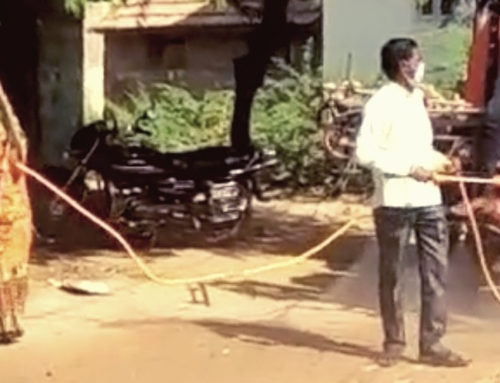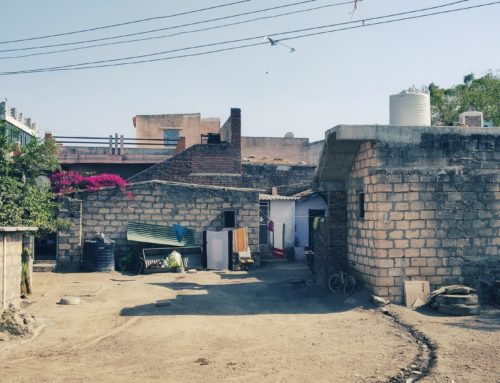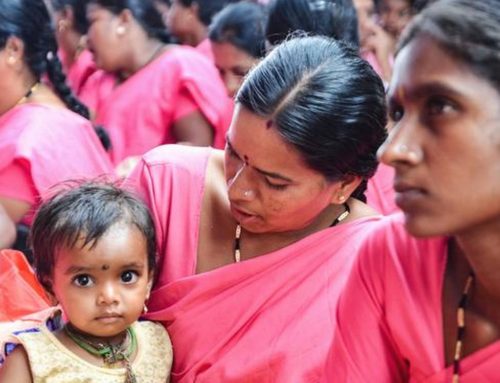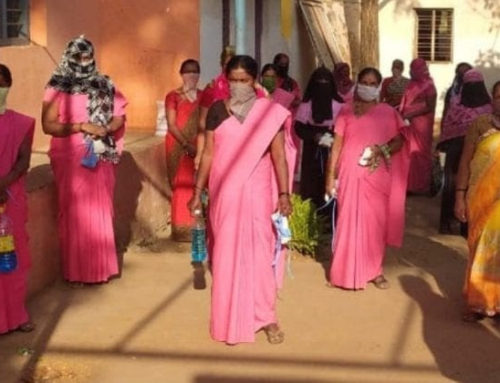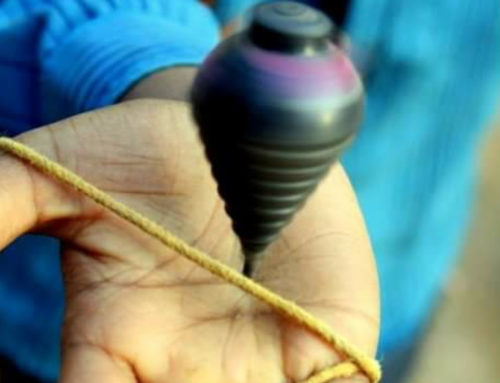Sadla, a quaint little village with scorching heat and a total of 295 households, according to 2011 census, lies at the border of Surendranagar and Ahmedabad districts in Gujarat. The village has a literacy rate of 21.3% (2011) – a small percentage that Sonal contributes to. Sonal is 27 years old, lives in JunaSadla and is one of the very few girls in the village who successfully graduated to get a degree in Arts. She is now hard at work preparing to appear for GPSC exams. Sonal, the only one with a steady income in her family of 7, quit her job at the Community Health center (CHC), in Patdi town as it was difficult for her to find safe commute from her village, located in an interior geography four kilometers from Patdi.
This feat, however, required immense support and contribution from her entire family, including her younger siblings. While one of her brothers is estranged and does not live with the family anymore, Sonal, her parents and 3 of her other siblings live in a kuccha house next to the ration shop in Juna Sadla(Old Sadla). While her youngest brother is studying in the 7th grade, her parents and her sisters double up as agricultural labourers making Rs. 100 for a 6 hour work day and running a small family business of making kolsa(coal) as a supplement to their income. The money from all this keeps food on their table but is still not enough to repair the multiple leaks in their mud-built house from all the rain water.
Making coal from the Babool tree, Ganda Bavar, or Mad Babool as it is locally called, was legalized in Gujarat only a decade ago. The 40kg gooni of coal which is so much hard work that it takes all the life out of a family, sells for a measly amount of Rs. 250. Sonal’s family sells these to small hotels and chai kedhaabe(small tea stalls).
As lockdown hit though, the hard working family was left jobless, all 6 people holed up in one dark corner of their leaking house. Her sisters got some work in the fields for the first few days of lockdown which made the family richer by a sum of Rs. 3000, but after that money was hard to come by. Not wanting to take loans or borrow money, the family stuck together, burned a hole in their savings and managed with whatever they had. Government ration, which the family received four times in the last 4 months proved to be extremely helpful for their survival.
The roof of their house fell last monsoon which they have not been able to repair and the leak now is so bad that the family had to shift all their samaan into the house of a distant relative next door, to keep it from getting ruined in the rain. Sonal’s father developed a breathing problem a couple of years ago – possibly from all the fumes from burning wood to make coal – for which he requires medication every few months.

